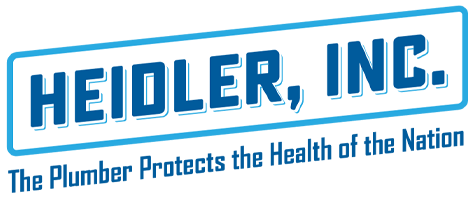Committing to Your Home’s HVAC While most of the world views Valentine’s Day as a romantic day to spend with your significant other, spoiling them and showing them how much you love them, for those of us with commitment issues, it is a different experience entirely. If the very idea of committing to a relationship […]






